|
Getting your Trinity Audio player ready...
|
In today’s digital age, a website is a crucial aspect of any business. With so many website builders and platforms available, it can be challenging to choose the right one for your business. WordPress is one of the most popular website builders available, powering over 40% of websites on the internet. In this article, we will explore the pros and cons of using WordPress for website development, and help you make the right decision for your business.
1. Introduction
Choosing the right platform for your website development can be a daunting task. WordPress is one of the most popular website builders used today, and for good reason. It is known for its ease of use, customizability, and large community support. However, like any platform, it has its drawbacks. In this article, we will weigh the pros and cons of using WordPress for website development.
2. What is WordPress?
WordPress is a content management system (CMS) that enables users to create and manage their website content easily. It was initially developed as a blogging platform but has since evolved into a versatile website builder. WordPress powers over 40% of websites on the internet, from personal blogs to e-commerce sites.
3. Pros of Using WordPress
Ease of Use
One of the biggest advantages of using WordPress is its user-friendly interface. With its intuitive drag-and-drop editor, users can create and manage their website content with ease. It also has a vast library of themes and plugins, allowing users to customize their website without any coding experience.
Customizability
WordPress is incredibly customizable, allowing users to create unique and personalized websites. Its extensive library of themes and plugins provides users with unlimited design options. Additionally, users can modify the website’s code to meet their specific needs.
Large Community Support
WordPress has a large and active community of developers and users who contribute to its growth and development. This community provides support, resources, and plugins that users can utilize to enhance their website.
SEO Friendly
WordPress is SEO friendly, with built-in features such as customizable permalinks, XML sitemaps, and meta tags that make it easy for search engines to crawl and index your site. Additionally, there are numerous SEO plugins available that can optimize your website’s search engine rankings.
Affordable
WordPress is a cost-effective website builder, with most themes and plugins available for free or at a reasonable price. Additionally, it offers users the ability to create and manage their website without hiring a professional developer.
4. Cons of Using WordPress
Security Vulnerabilities
WordPress’s popularity makes it a target for hackers and cybercriminals. While WordPress provides security features, it’s essential to keep your website updated and secured with a reputable security plugin to prevent security breaches.
Dependence on Plugins
WordPress heavily relies on plugins to add functionality to websites. While plugins can be useful, they can also be a source of security vulnerabilities and website performance issues.
Customization Limitations
While WordPress is customizable, there are limitations to what users can do without coding knowledge. Additionally, some customizations may require the assistance of a professional developer.
Potential for Maintenance and Update Issues
WordPress requires regular updates to ensure website security, compatibility with plugins and themes, and overall website performance. Failing to keep your website updated can lead to website downtime and security issues. Moreover, maintaining and updating a WordPress website can be time-consuming, especially if you’re not familiar with website development.
5. Conclusion
In conclusion, WordPress is a popular and versatile website builder that offers many benefits to users. Its ease of use, customizability, and community support make it an excellent choice for businesses of all sizes. However, like any platform, it has its drawbacks, including security vulnerabilities, dependence on plugins, customization limitations, and potential maintenance and update issues. Before you choose WordPress for your website development needs, you should consider both the pros and cons. You should also consider what your business needs.
6. FAQs
- Is WordPress free to use? Yes, WordPress is a free and open-source platform, but you may need to pay for hosting, themes, and plugins.
- Can I use WordPress for an e-commerce website? Yes, WordPress offers many e-commerce plugins such as WooCommerce, making it an excellent choice for e-commerce websites.
- Is WordPress websites SEO friendly? Yes, WordPress websites are SEO friendly, with built-in features such as XML sitemaps, permalinks, and meta tags that make it easy for search engines to find and index your site.
- How often do I need to update my WordPress website? It’s recommended to update your WordPress website regularly, at least once a month, to ensure overall website performance, website security and compatibility with plugins.
- Can I customize my WordPress website without coding experience? Yes, WordPress offers a drag-and-drop editor and an extensive library of themes and plugins that allow users to customize their website without any coding experience.
WordPress is a popular and versatile website builder that offers many benefits to users, including SEO-friendliness, community support, affordability, and ease of use.as its drawbacks, such as security vulnerabilities, dependence on plugins, customization limitations, and potential maintenance and update issues. We hope this article has provided you with a comprehensive overview of the pros and cons of using WordPress for website development, so that you can make the right decision for your business.
